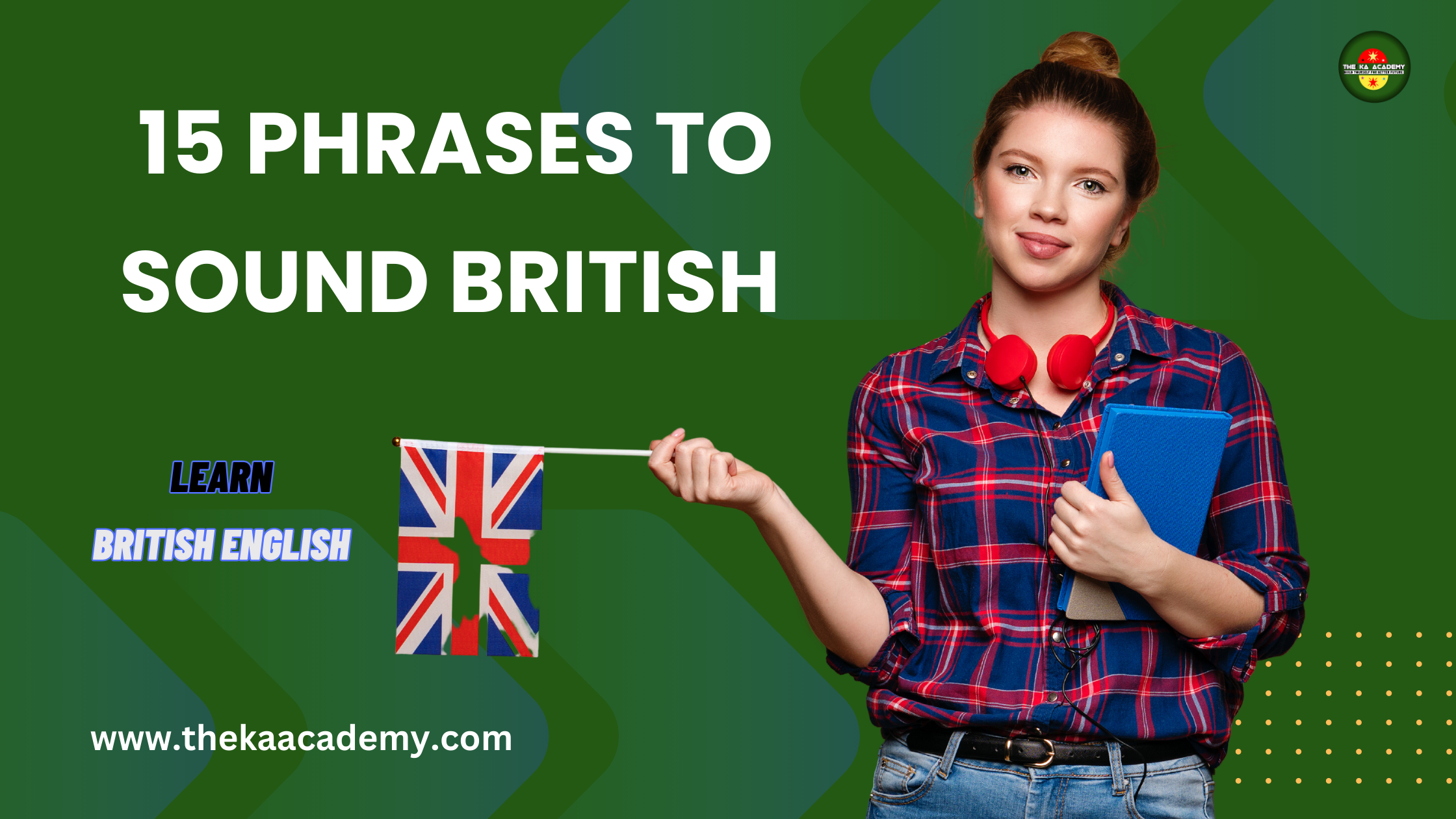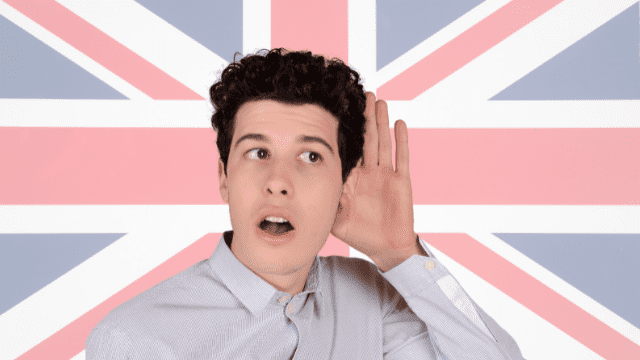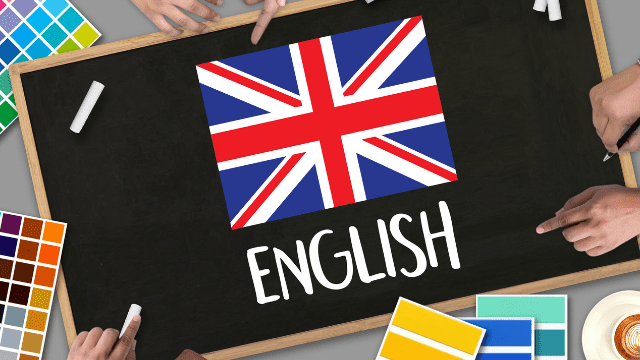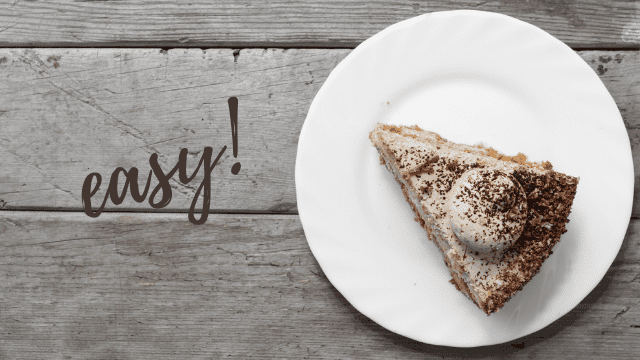
If you want to sound more British, then these 15 phrases, typically only used by British people, will help you. Learn how to greet and joke in British English!
If you want to sound more British, then these 15 phrases, typically only used by British people, will help you.
Now just to be clear, you actually don’t need to try and sound like a British person.
You can be an effective and confident English speaker using a mix of American, British, Irish, Canadian and Australian phrases and accents.
You can even have a local accent (from your country) and still be a great communicator in English.
That said, these phrases can be extremely useful if you are living in, or going to live in, Great Britain.
They will help you better understand the local people.
Also, because many of these phrases are what we call slang (informal expressions used in a certain place), they can be used to surprise, create humour and build a connection with local people.
What’s more, these phrases will help you understand British films and TV series like Killing Eve, Sherlock, After Life, The Split, and many more.

So, here is a challenge for you.
Watch the video clip below, and tell me how much of this British conversation you can understand.
Maybe 20%, 60% or even 90%?
Let me know in the comments section below!
Click arrow to open/close tapescript
Now let’s have a look at all the different phrases that came up in this conversation.
I will show you other similar, more common phrases, as well as some synonyms, and give you some clear explanations of the meaning and usage of these phrases.

The most common greetings in English are
A: Hello!
B: Hi!
But, in many parts of Britain, we also use the following with friends and family
A: Hiya
B: Hiya
This is pronounced the same as ‘higher’
A very common greeting is ‘alright’ and is actually used as a question, and the response is the same word! It probably means ‘are you alright?’ but we just use it to mean ‘hello’.
A: Alright?
B: Alright?
After saying ‘hello’, most people then ask the following, which is probably the most common greeting;
A: How are you?
B: Fine, thanks
In addition, in very informal situations we often use the following instead,
How’s it going?
How are you doing?
How’s tricks?
And the answer in British English is often very calm and underwhelming, such as,
Not bad
Can’t complain
Mustn’t grumble
Same old, same old

Of course the most common way to invite people to something or to do something is to say,
For example,
Would you like a coffe?
Would you like to go out for a drink?
In British English, we also use the word ‘fancy’ which can mean to like someone (and find them attractive) and also to feel like something or doing something. In this case of inviting, we are using the second meaning.
Fancy a coffee?
Fancy going out for a drink?
We have the following great idiomatic expression in English, to say something is easy;
A more slang word used in Britain is ‘a doddle’. This is often used to talk about an activity such as an exam, or a skill.
That exam was a doddle, I am sure I have passed.
I find cooking an absolute doddle

When it comes to being happy, there are so many words and idiomatic expression for this, especially to say you are very happy. The more common ones are,
A British slang word for this is ‘chuffed’ or ‘chuffed to bits’. For example,
I’m chuffed that I passed that exam
I am chuffed to bits that you have come to visit me
Likewise, there are many ways in general English to say you are joking. Here are the common ones;
A more British phrasal verb for this is ‘to have someone on’. For example,
I am not really getting married. I’m just having you on.

We have talked about being happy and joking, but what about the opposite?
Well, common synonyms of being unhappy about something are,
A common British slang word for being unhappy and also disappointed is ‘gutted’. For example,
I failed my exam. I was so sure I would pass, so I’m really gutted
Sometimes, the reason we are unhappy is that we have made a mess of something, such as an exam or even cooking a dish, or indeed any activity that hasn’t gone well.
A nice idiomatic and slang expression for this is ‘to make a pig’s ear of something’, as in the example below,
I was trying to paint a sunset, but it looks terrible, I made a pig’s ear of it.
‘Voila’ as you might guess, is actually a French word that we use in English, meaning, ‘there it is’ or ‘there you are’. British people like to get a bit creative, and we also use this confusing, but funny expression, ’Bob’s your uncle’. It has nothing to do with members of your family, it just means ‘and there you are’. Here’s an example, giving some advice to a friend who failed their exam.
So, don’t worry, next time, just study hard, be patient, and Bob’s your uncle.

In Britain, we often use the word ‘knackered’ which is slang, and is quite strong and should only be used with close friends. It actually has two slang meanings, ‘to be tired’ or ‘to be broken’.
I don’t really want to go out tonight, I’m too knackered. I think I will stay at home.
Of course, if you are tired, you need to rest. These are common expressions and synonyms for this;
In Britain, the following are also all very popular ways of saying this,
In general English, you can say goodbye with any of the following phrases,
In Britain, we also use the following more slang expressions.
So there you are, lots of expressions that British people use, and that can help you better understand British people as they really speak.

Learning British English can offer several advantages, depending on your goals and circumstances. Here are a few reasons why you might consider learning British English:
Remember that the choice of learning British English versus another English variation, like American English, depends on your individual goals and preferences. Both varieties have their merits, and the choice should align with your needs and interests.
Copyright 2024 The KA Academy | All Rights Reserved
Design & Developed by Themespride

1 thought on “15 Simple Phrases to Make You Sound More British”